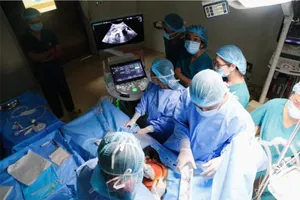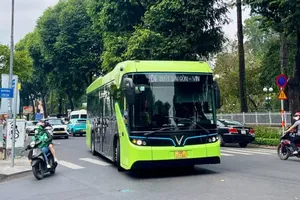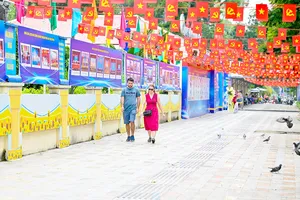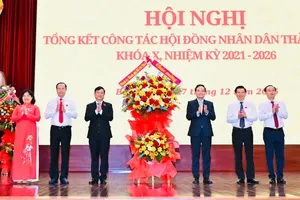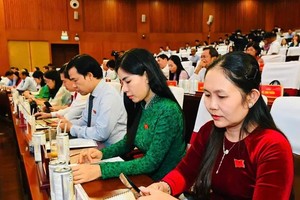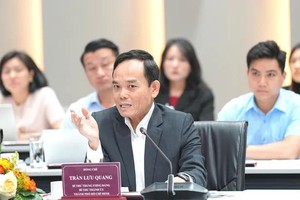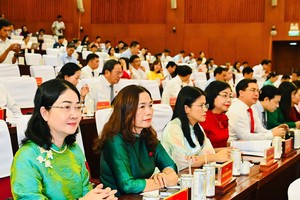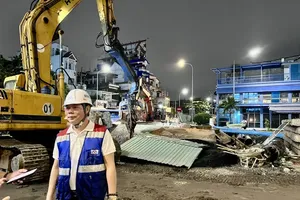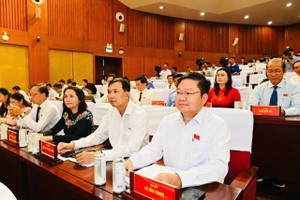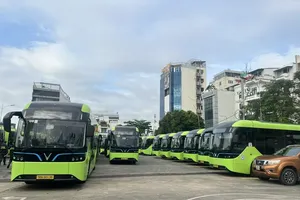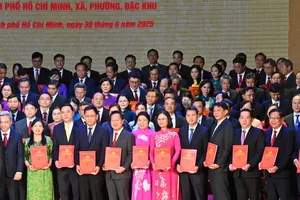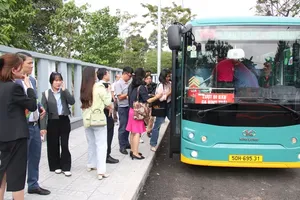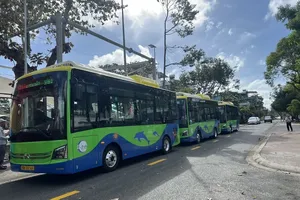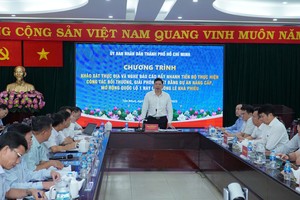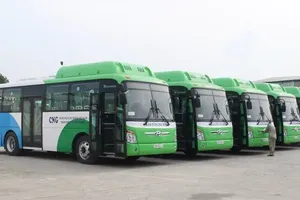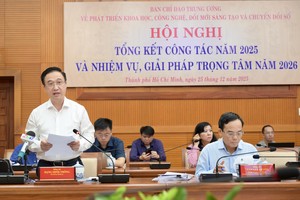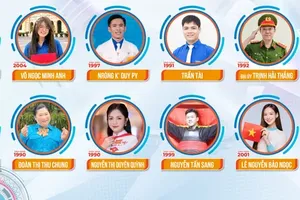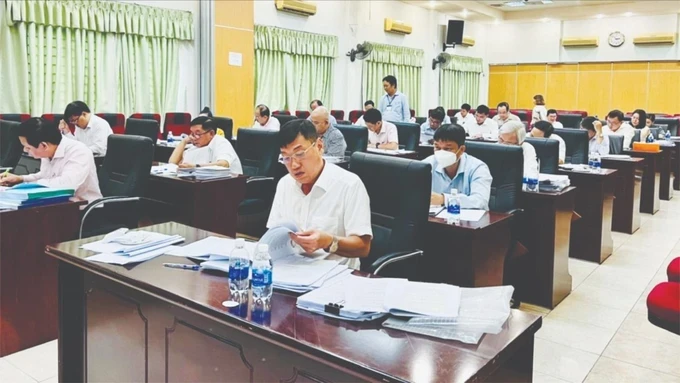
After a year of piloting competitive screening tests for leadership positions in agencies and units across the city, HCMC has achieved positive results. Seven agencies and units have successfully completed the recruitment process for 13 leadership positions.
Pham Thi Hoan, who was selected for the position of Head of the Thu Duc City Justice Department, shared that the test process helped candidates systematize their knowledge and strengthen their leadership and management skills. Expanding the pool of candidates has created opportunities for many dedicated civil servants to demonstrate their abilities, thereby enhancing competitiveness in the selection of leaders who possess both the necessary virtues and skills for the position.
Promising as it seems, there are still areas that need improvement. Director Bui Ta Hoang Vu of the HCMC Department of Industry and Trade assessed that the competitive screening tests for leadership positions is a chance for candidates to prepare thoroughly and demonstrate their management and leadership skills. However, to ensure the effectiveness of the examination process, there needs to be a suitable question bank that accurately assesses the abilities and qualifications of candidates for each position.
Director Tang Chi Thuong of the municipal Health Department suggested that organizing competitive tests requires a significant investment of resources and time, and therefore cannot be applied to all appointment cases. The city needs specific guidelines on when competitive examinations are mandatory and when traditional appointment methods can be applied.
Deputy Director Nguyen Duy Tan of the HCMC Department of Home Affairs stated that the pilot tests have created a significant shift in perception and fostered a healthy competitive environment. Moreover, they have helped identify, attract, and select individuals with suitable abilities and political and moral qualities, motivating civil servants to perform their duties and contributing to the effective implementation of regulations on the control of power in personnel work.
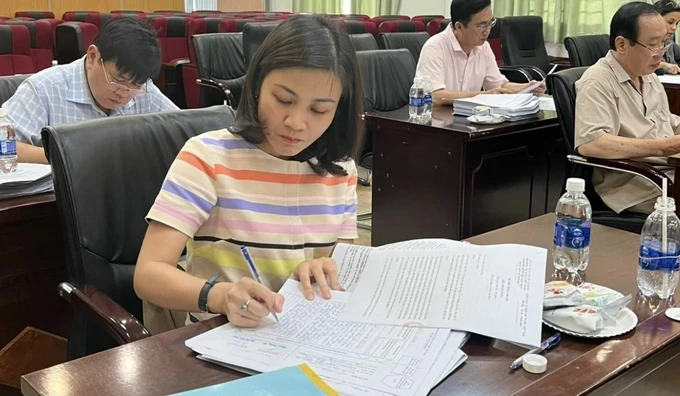
Chairman Phan Van Mai of the HCMC People's Committee affirmed that the results after one year of piloting will serve as a valuable experience for the city to perfect the process of screening for leadership positions via testing. In the coming time, HCMC will continue to pilot and expand such tests for leadership positions at the department and district levels, as well as in some state-owned enterprises.
Deputy Head Thai Thi Bich Lien of the Organization Committee of the city’s Party Committee added that her organization has advised the Party’s Standing Committee on screening tests for leadership positions in the Party, the Fatherland Front, and socio-political organizations. This aims to synchronize and improve the quality of the leadership team throughout the city's political system.
Dr. Ho Ngoc Dang from the Faculty of Party Building (HCMC Cadre Academy) stated that HCMC should continue to effectively combine cadre planning with these screening tests, expected to a human resource force that is both experienced and capable, meeting the requirements of the new era. Expanding the scope and positions for leadership recruitment is one of the important solutions to build competent leadership to meet the city's development requirements. What needs to be considered is the specific characteristics of each unit in need of recruiting leading positions.
Dr. Nguyen Si Dung, former Deputy Head of the National Assembly Office, suggested that HCMC should study and build a rigorous personnel selection system. This ensures that only the most outstanding and suitable candidates are selected to work in the public administration. This system creates a corps of highly qualified and professional civil servants.
It is advisable to establish a specialized agency (called the HCMC Public Personnel Board) to handle this work. This agency needs to have an independent position and have the autonomy to organize examinations, to evaluate, and to recruit civil servants. The employment processes must be carried out professionally, transparently, and fairly. All information about the recruitment test must be widely publicized so that the public can monitor and supervise.
Winning candidates should undergo in-depth and continuous training courses to improve their skills and knowledge. This ensures that they can cope with complex economic and social challenges, adapt to changes in technology, and the global environment.
